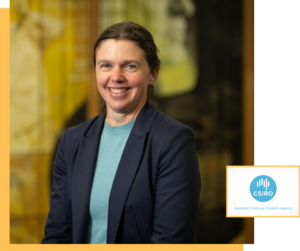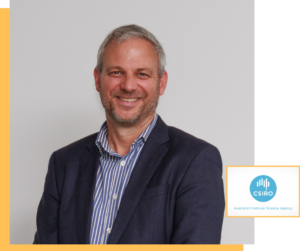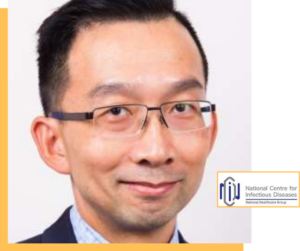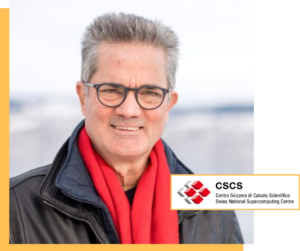Session 19: Global collaboration in biosecurity and pandemic preparedness
Wednesday, 4th December 3.00PM AEST | Breakout session
What role can research infrastructures play in enhancing preparedness for future pandemics?
The session will covering the entire spectrum from vaccine discovery to the global RI networks, emphasizing the importance of collaboration in shaping global health policies and the critical need to address biosecurity concerns in a changing climate. A key component will be exploring the One Health approach, which integrates the health of humans, animals, and the environment into RI planning.
Join us to discuss strategies for building resilient and adaptable health RIs capable of responding to emerging global health threats.

Moderator
Debbie Eagles is Director of CSIRO’s Australian Centre for Disease Preparedness (ACDP). She is a veterinarian with postgraduate qualifications in veterinary public health, a World Organisation for Animal Health (WOAH) Reference Laboratory Expert on Bluetongue Virus and is enrolled as a WOAH and Australian Qualified Expert on the UN Secretary-General Mechanism’s (UNSGM) Roster for investigations of Alleged Use of Chemical, Biological or Toxin Weapons. Debbie has extensive experience working in the Asia Pacific region, including in laboratory capacity building projects, in field investigations and through the provision of training courses.

Panellist
Professor Brett Sutton is the Director of Health & Biosecurity at CSIRO. He is a qualified public health physician, with extensive experience and clinical expertise in public health and communicable diseases, gained through experience in government, emergency medicine and field-based international work. He holds specialist knowledge in tropical medicine and infectious disease. Professor Sutton has held a variety of roles, including emergency medicine, complex humanitarian environments, field-based international work, and several senior positions in government including the role of Victoria’s Chief Health Officer together with the role of Victoria’s Chief Human Biosecurity Officer.

Panellist
Professor David Lye is Director of the Infectious Disease Research and Training Office at the National Centre for Infectious Disease. He is the Group Head of Research at the interim Communicable Disease Agency, Singapore and Professor at the Lee Kong Chian School of Medicine and Yong Loo Lin School of Medicine. David is also currently Deputy Executive Director of the Programme for Research in Epidemic Preparedness and Response (PREPARE), Singapore. His research interests are in COVID-19, dengue and antimicrobial resistance. He has published more than 390 peer-reviewed manuscripts. He was a Clarivate Highly Cited Researcher 2022 and 2023.

Panellist
Professor Thomas Schulthess leads the Swiss National Supercomputing Centre (CSCS), which develops and operates high-performance computing and data research infrastructure to advance world-class science in Switzerland and beyond. CSCS, which is open to scientists worldwide, collaborated with four other centres in 2020 to provide urgent computing resources through the Partnership for Advanced Computing in Europe (PRACE) to support COVID-19 research. Today, CSCS is facilitating the development of open data-driven large language and multi-modal models with applications in medicine. Additionally, through the International Computation and AI Network (ICAIN), CSCS is ramping up its support for data scientists and medical institutions across Africa.
We acknowledge the Traditional Owners of the lands and waters throughout Australia, and pay respect to the Elders past, present and emerging. We recognise the importance of connection to culture, land, kinship and community to the health and wellbeing of Aboriginal & Torres Strait Islander families. We acknowledge the cultural practices and traditions still carried out today and being passed down to future generations.


